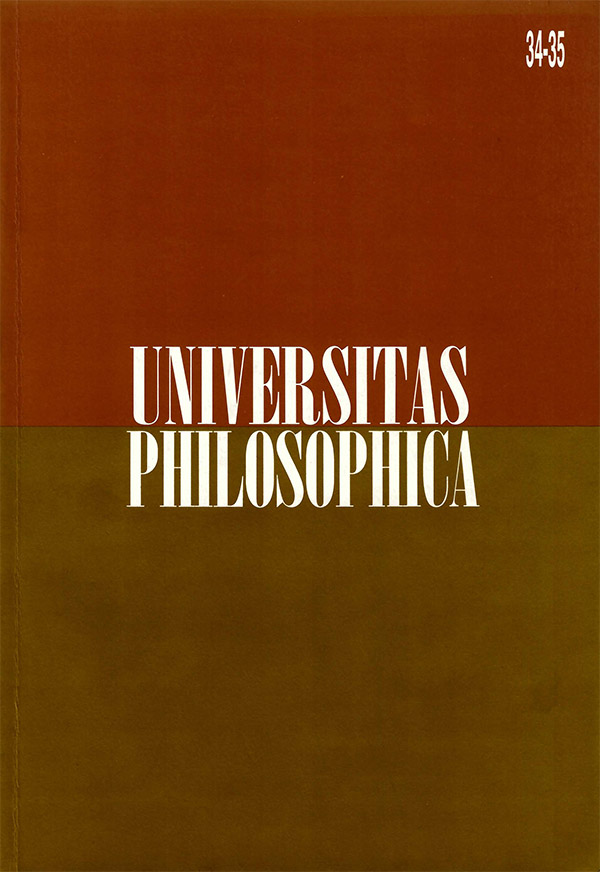Abstract
That Schopenhauer is Freud's central philosophical reference is something that shows throughoutthe works of the founder of psychoanalysis, particulary in those regarding the displacement of the cogito from its central placing in human determination. From the necessary differentiation between the schopenhauerian unconscious, conceived as the Will's most primitive and original attribute, and the freudian unconscious, which opens a psychic dimension irreductible to consciousness –the subject being where its effects cake place, fundamentally ignoring their cause–, this article presents the essentials of Freud's debate with the philosopher, in regard to Civilization and its discontent: both emphasize the essentially negative character of happiness, on the explicit background of human desire as want.
This journal is registered under a Creative Commons Attribution 4.0 International Public License. Thus, this work may be reproduced, distributed, and publicly shared in digital format, as long as the names of the authors and Pontificia Universidad Javeriana are acknowledged. Others are allowed to quote, adapt, transform, auto-archive, republish, and create based on this material, for any purpose (even commercial ones), provided the authorship is duly acknowledged, a link to the original work is provided, and it is specified if changes have been made. Pontificia Universidad Javeriana does not hold the rights of published works and the authors are solely responsible for the contents of their works; they keep the moral, intellectual, privacy, and publicity rights.
Approving the intervention of the work (review, copy-editing, translation, layout) and the following outreach, are granted through an use license and not through an assignment of rights. This means the journal and Pontificia Universidad Javeriana cannot be held responsible for any ethical malpractice by the authors. As a consequence of the protection granted by the use license, the journal is not required to publish recantations or modify information already published, unless the errata stems from the editorial management process. Publishing contents in this journal does not generate royalties for contributors.


